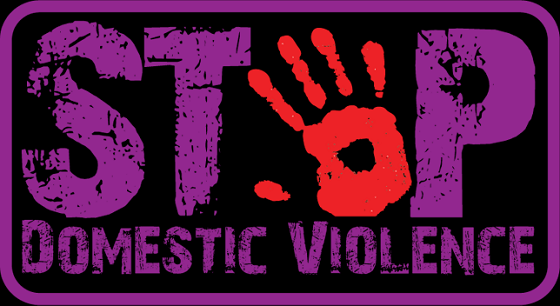Parliament has passed domestic violence legislation that strengthens the protection of victims of abuse and decrees reporting obligation on a larger segment of the society.
The Domestic Violence Act 2015 provides greater protection for the victims of domestic violence makes provisions for the granting of protecting orders and for matters incidental thereto and connected therewith.
It broadens the definition of domestic violence to mean “any controlling or abusive behaviour that harms the health, safety or well being of the applicant or any child in the care of the applicant”.
These behaviours, the Act says, include, but are not limited to, physical abuse or threats of physical abuse; sexual abuse or threats of sexual abuse; emotional, verbal or psychological abuse; intimidation; harassment; stalking; damage to or destruction of property or entry into the applicant’s resident without consent, where the parties do not share the same residence.
It also strengthens the mechanism and responses to protect children from abuse, particularly incest and to punish those who perpetrate abuse on children.
The new law corrects the lack of proper data collection and demands legislative and administrative framework in this regard, calling for proper reporting and, in some cases, mandatory reporting.
Under the law, persons cannot refuse to meet their financial obligations to the applicant or a dependent child, such as mortgage or rent payments.
The law also makes it illegal to harass the applicant, including loitering, watching the outside or near the building or place where the applicant resides, works, carries on business or happens to be.
The new law also makes it illegal to harass persons by repeatedly making or inducing others to make telephone calls to the applicant, whether a conversation ensues or not.
Certain health care professionals, including dentists, will be legally bound to report to authorities suspected cases of abuse, and the bill now makes it mandatory to report to authorities all cases of minors becoming pregnant or giving birth.
“Mr. Speaker, this act … seeks to complement the other pieces of legislations which we have dealt with in relation [to] the reform of the family legislations in the region,” Minister of National Mobilisation Frederick Stephenson said in tabling the legislation, which is to be passed in each of the member countries of the Organisation of Eastern Caribbean States.
“It is important for all of us to understand what this act … will help the nation and the persons who have been subjected to forms of domestic violence.
“I would ask that all of St. Vincent and the Grenadines be made aware of the provisions of this bill so that you may know and understand your rights [as regards] the issue of domestic violence, which does not only mean violence against women,” Stephenson said, noting that some men have had violence perpetrated against them by women.
Leader of the Opposition Arnhim Eustace told Parliament that while he supports the bill, statistics from the United Nations Office on Drugs and Crime and the Royal St. Vincent and the Grenadines Police Force paint a damning picture of St. Vincent and the Grenadines, as far as sexual crimes against women are concerned.
“I don’t think that anybody in this House of Assembly is happy with the status of women in relation to a number of these crimes,” Eustace told lawmakers.
“It appears that many in our nation prey upon our most vulnerable, that is, our children,” he said.
“What is it about us in this small Caribbean island? Is there something special? Is there some particular cause that outweighs everything else? And you know, Mr. Speaker, that is why I welcome the legislation; because it deals with many of the issues that are faced by people who are victims,” Eustace said.
“It must be a matter of conscience for all of us as we look into the future. It is a record that we must improve upon now. I am hoping that his piece of legislation, if properly implemented, … will make a meaningful difference for our country,” he said.
“Without it, this dirty record that we have here will continue. That is what will most likely happen,” the Opposition Leader told Parliament.
Minister of Foreign Affairs, Camillo Gonsalves told lawmakers, however, that while the issue of violence against women and children should not be trivialised, the United Nations has cautioned against cross-country comparison of data such at that done by the opposition during the debate.
And, Prime Minister Ralph Gonsalves said that as important as the bill is “and in many respects, revolutionary in treating the question of domestic violence, it does not at all mean that St. Vincent and the Grenadines, hitherto the passage of this bill, was a wasteland of legal and institutional arrangements to address crimes of violence against women and domestic violence generally”.







There is no violence against a woman worse than rape comrade, just thought I would remind you.
Finally!! Now it is up to the powers that be to enforce the provisions of this bill. Protect the children from getting the s**t and p**s beaten out of them by men and women who call themselves parents (and I mean lierally- children get beaten until they lose control of their bowel and bladder). Discipline does not mean abuse. Beating means abuse. Men and women – live together in peace and love, or walk away from each other. Put your brain and brawn to good use, like earning a living.